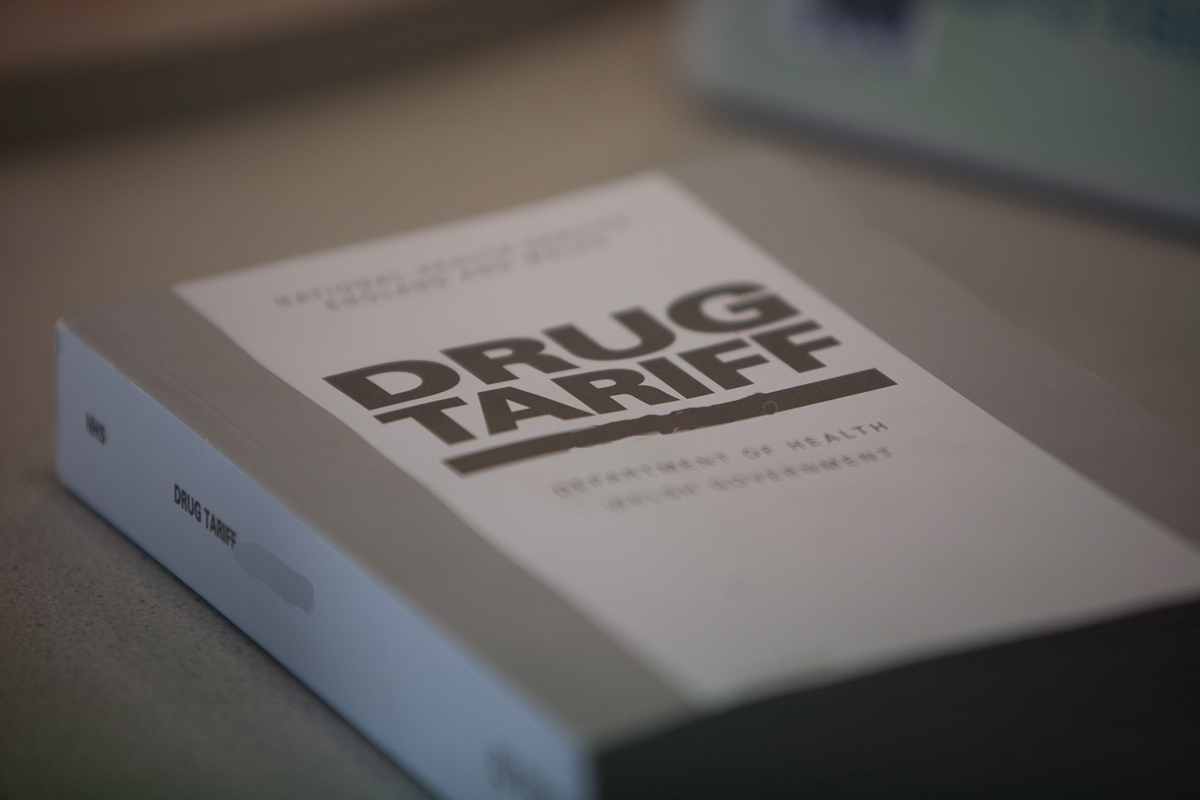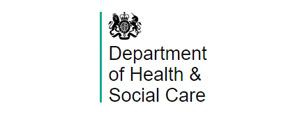TAPR Update: PSNC takes initial governance, levy and influencing decisions
PSNC is progressing work to enhance its negotiating capacity, strengthen its governance, develop a new vision and strategy for the sector, and more, in line with the Transforming Pharmacy Representation (TAPR) work programme.
At its meeting in September, PSNC Members considered and voted on changes to the PSNC Constitution and to reduce the Committee size, as well as discussing the principles for collecting levies. This is in line with the Pharmacy Representation Review Steering Group (RSG) Proposals, and much of it was also discussed at the LPC Conference later in the month.
PSNC has also been supporting the LPCs to consider the changes that the RSG proposed for them – including through the publication of an LPC Toolkit – and it has been progressing work on the development of a vision and strategy for the sector.
Steps have also been taken to increase PSNC’s influencing capacity, with the appointment of a political campaigning agency following a tender process. This work will support the case for the sector now, while also putting community pharmacy in a stronger position ahead of future Community Pharmacy Contractual Framework (CPCF) negotiations.
Updates on the key recent decisions and actions are included below.
PSNC Chief Executive Janet Morrison said:
“Alongside the critical CPCF negotiations and making the wider case for the support that community pharmacies so desperately need, PSNC has already been getting on with the implementation of key RSG proposals to strengthen its governance and its hand for the future. It was very positive to see key decisions already being taken in September. The work here continues, and with our LPC Toolkit now in place, LPCs are also well-placed to start considering the RSG recommendations and discussing these with their local contractors.”
PSNC collects levies from LPCs (the ‘PSNC levy’), who in turn collect levies from community pharmacy contractors (the ‘LPC levy’).
PSNC has kept the total PSNC levy that it collects, and the way in which this is calculated for individual LPCs, the same for many years to support LPC budget planning. However, this has, over time, reduced the resources available to PSNC to deliver its vital work.
The RSG recommended that a greater proportion of contractor levies should be directed to fund the national negotiations and work of PSNC. The proportion of levies to be redirected was at the lower end of the range suggested by the independent Wright Review of PSNC and the LPCs.
The calculation of new PSNC levies prompted a wider review at PSNC of the calculation used to allocate these levies. PSNC considered a number of ways of doing this in the future.
The PSNC Committee felt that moving to a calculation based on contractor NHS income (rather than number of NHS items dispensed) was a fairer method of calculating levies in future. This aligns with how LPCs gather their levies, and recognises period of treatment differences and service delivery.
The new calculation model will also allow for easier future recalculations in line with the shifts in NHS dispensing activity related to Distance Selling Pharmacies, ensuring a fairer distribution of costs between all contractors.
This new model was presented to LPCs at the LPC Conference and was supported by 82% of LPC Representatives in attendance.
LPCs last week received notification of their indicative 2023/24 PSNC levy, in line with this new calculation model, to support their business planning and budgeting for the next financial year.
PSNC will not start to receive additional levies until April 2023. However, PSNC has decided to invest a significant portion of its reserves in starting the vital work outlined in the TAPR programme. The funds will be spent on increasing and strengthening PSNC’s negotiating capacity and evidence base, its influencing and engagement as well as supporting stronger local representatives.
At its meeting in September, PSNC Committee Members agreed to reduce the size of the Committee by almost a quarter, going down from 32 members to 24 members: 12 multiple and 12 Independents, with the Chair and CPW representative to remain as well.
Elections and nominations for the Committee can now take place in early 2023 and the new reduced Committee will start from 1st April 2023. From that date, PSNC Members will have a maximum term of 12 years. See further notes on elections below.
This decision implements two key RSG recommendations – to reduce the size of PSNC and to limit membership to 12 years – with associated changes to the PSNC Constitution made as well.
PSNC Members also approved other Constitution changes in line with the RSG proposals, including that:
- From 1st April 2023 the new committee will be known as Community Pharmacy England (a rebranding exercise will take place before then, to ensure that the new name and brand can have maximum impact when influencing Government and other stakeholders);
- The title Chemist has been removed from the Constitution; and
- Certain detailed provisions in the Constitution have been moved to the Rules and provision has been made for Approved Governance*.
*Approved Governance is the term being used to describe the changes that will be adopted following the wider governance review at PSNC.
The wider governance review, as envisaged by a number of RSG recommendations, will consider matters such as the decision-making structure at PSNC including subcommittees and the Negotiating Team, and the overarching governance framework to be developed with LPCs. This wider review will be carried out in early 2023 and it is envisaged that it will be adopted by the PSNC committee and LPCs after their respective elections in 2023.
Now that initial PSNC Constitution changes have been made, a review of LPC Constitutions is also taking place with input from LPCs.
Notes on 2023 PSNC Elections
From 1st April 2023, the basic structure of PSNC sector representation remains the same – as envisaged by the RSG recommendations. The new reduced Committee will have 9 CCA members and 3 other Multiple pharmacy contractors (the Multiples) together with 10 Independent Regional Representatives and 2 NPA members (the Independents).
The boundaries of PSNC regions will be determined later this autumn based on NHS structures and noting any changes or anticipated changes in LPC boundaries and numbers.
Also, from the 2023 elections onwards, for the purposes of elections and sector representation on PSNC:
- All contractors with up to 9 NHS pharmacies in England will be Independent pharmacy contractors and any AIMp members in this group will be part of the Independent election process.
- Contractors with 10 or more NHS pharmacies in England remain Multiple pharmacy contractors and AIMp members in this group will remain part of the Multiple election process. Any contractor with 10 or more contracts in England – including any such AIMp member – is eligible to stand as a candidate in the Multiples election and seek to be a member of PSNC.
- CCA and NPA members remain appointed, not elected.
The two PSNC election processes – for the 10 Independent Regional Representatives, and separately for 3 Multiple pharmacy contractors – will commence later this year/early in 2023.
The development of a new vision and strategy for community pharmacy is a key part of PSNC’s work over the next six months. The vision will help to position the sector positively ahead of future CPCF negotiations, and should strengthen PSNC’s hand in those future negotiations.
This will be a collaborative piece of work with the sector, bringing in authoritative voices from outside community pharmacy – this work is just being commissioned.
Alongside this, PSNC is working on a new influencing strategy and following a tender process has appointed Luther Pendragon to help steer and provide capacity for this.
Luther Pendragon is a leading political lobbying agency, with significant knowledge of the community pharmacy sector and they will be helping us to coordinate a national Parliamentary lobbying campaign working with the other national pharmacy bodies, LPCs and any contractors who wish to take part. This will include a programme of MP visits to pharmacies, letters to Ministers, and other tactics.
PSNC will share more information about how LPCs and others can support this important work in the coming weeks, including via a webinar to be held later this month or at the start of November.








